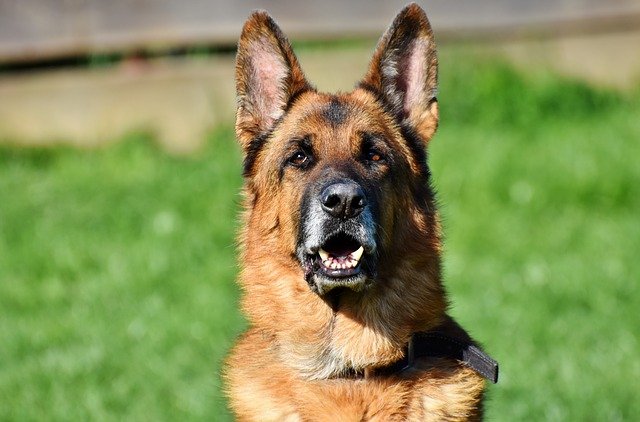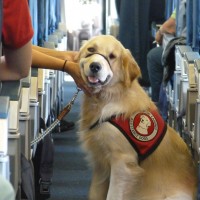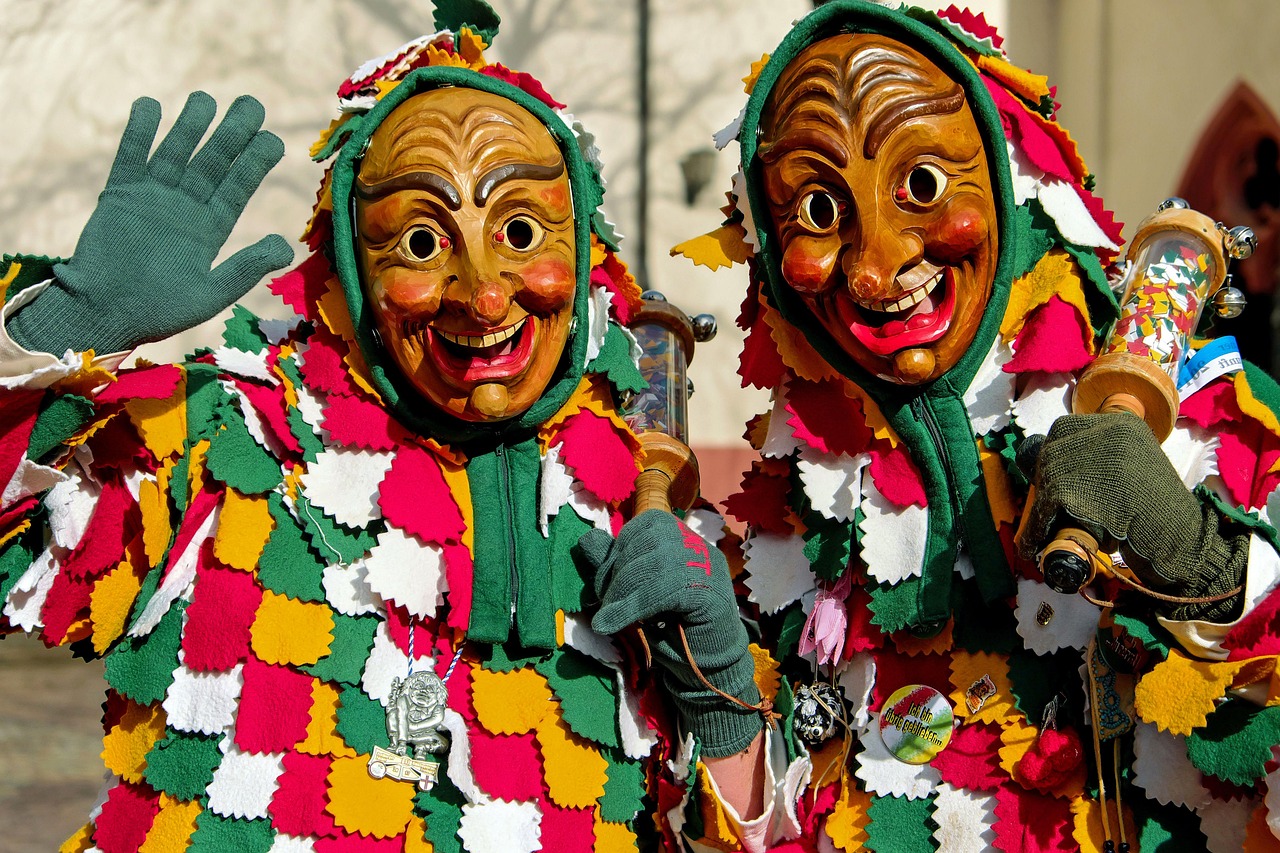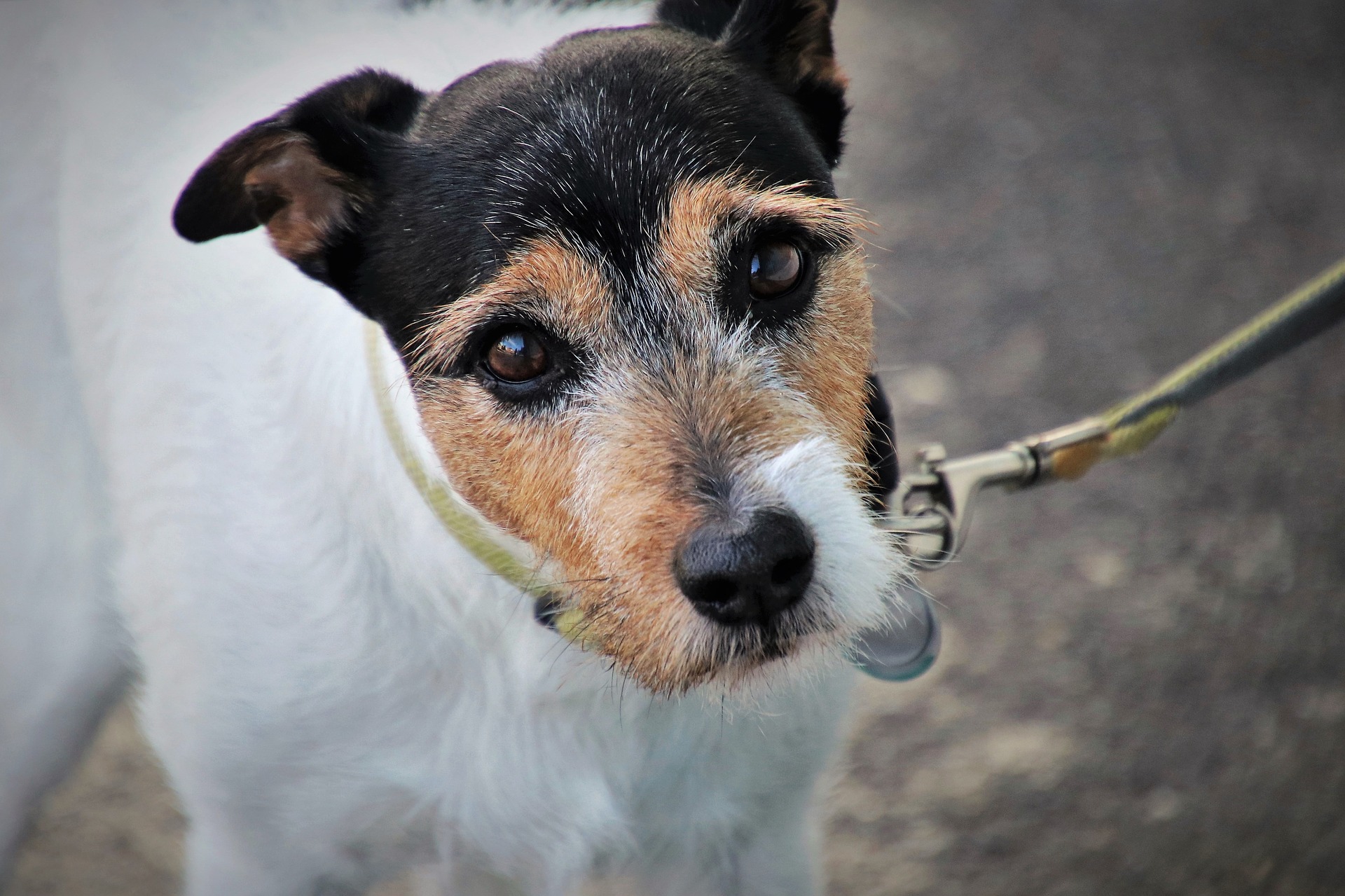
This is a very frequently asked question from a lot of dog owners, but there ‘no fits all’ answer. It depends on a lot of factors, and down to your own dog itself. Your dogs age, size, health, energy levels, and breed all have an effect.
When your dog doesn't get enough daily exercise, it will be noticeably grumpy, needy, whiney, or even destructive out of boredom.
Your schedule will also determine the answer, as will the house you live in, and even the weather. There is no certain answer to this question, but we are going to help you figure out what is best for your own dog.
The age of your dog
Your dog's age will determine how often it should be walked. A puppy will need to be walked a lot more than an older dog due to its energy levels. An older dog won't have as much energy and they may also have some sort of health condition, like arthritis, as they are much more prone. As your dog gets older you will notice they will become tired much quicker when out walking or exercising. Therefore, you won't need to walk them as much.
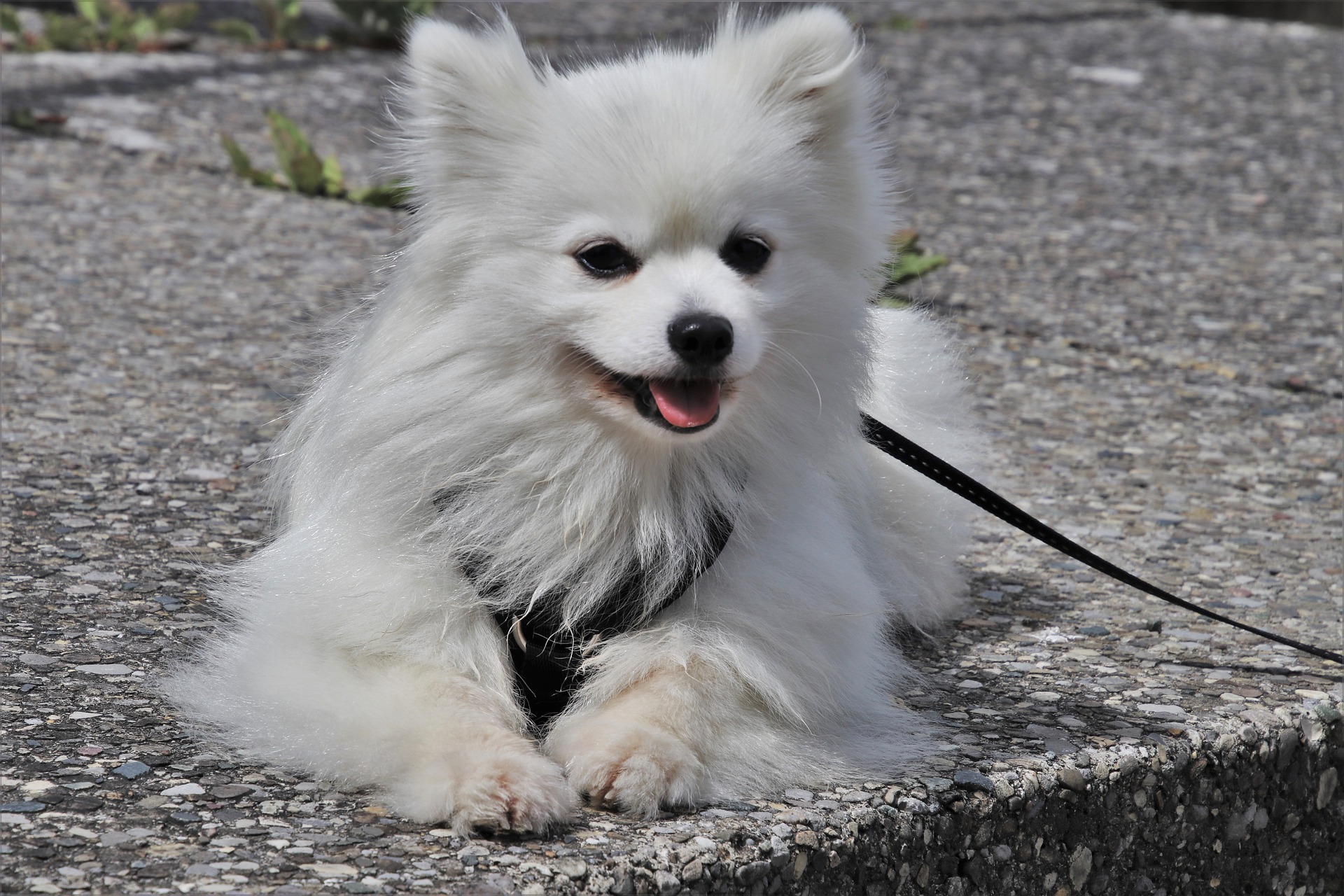
The size of your dog
Bigger dogs typically need much more exercise than smaller-sized dogs. Dogs like Greyhounds, Dalmatians, and Dobermans will need around 1.5 hours of a walk or exercise daily. Whereas a smaller dog will need smaller, more frequent walks, like Bichons. Smaller dogs usually get lots of exercise from playing in the garden for example, and their energy can be burned off in many ways other than walks.
The breed of your dog
Some dog breeds have a lot more energy and exercise needs than others. You must research your dogs' exercise requirements and pay attention to their energy levels throughout the day.
Your dog’s energy levels
If your dog is quite hyper and energetic throughout the day, you must walk them often as this will burn off that energy making them more relaxed and easier to deal with. If your dog has too much energy and isn’t burning it off, you may notice some bad behavior. Once they get walked every day, this will improve and it will be much easier to look after them.
The health of your dog
A dog with bad health issues won't be able to walk as much as a dog in good health. Although, walking may help some health problems, such as obesity in dogs. Whereas a dog with heart disease or arthritis may not be suitable for walking daily.
The weather
Oftentimes, the weather plays a big role in walking your dog. As much as your pooch may need it, weather conditions aren't always suitable. On days like this, some indoor exercise or training should be attempted as this will benefit you a lot.
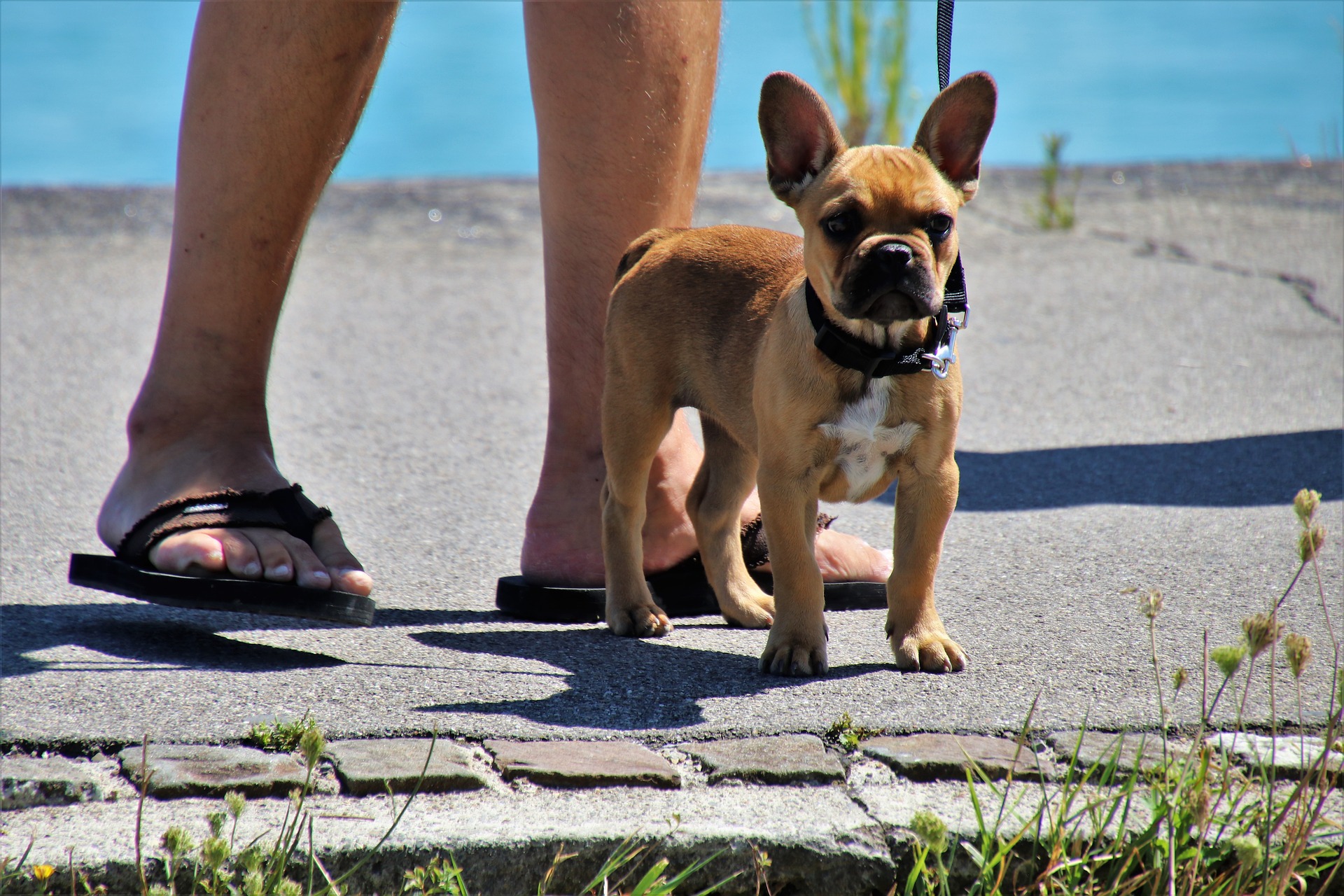
You should also be mindful of hot weather. Your dog may get sunstroke if taken out in too hot of conditions, so please be mindful of this.
Indoor exercise may include playing games or doing tricks or training.
Your schedule
The number of times you can walk your dog can strongly depend on your schedule. If you work a lot, you may find it difficult to find the time to go for a walk.
If you feel your dog isn't getting enough exercise due to your schedule, you can hire dog walkers or dog sitters, or even send your dog to a doggy daycare where they can have lots of play with other dogs while you’re at work.
How long should a dog’s walk be?
There are no specific answers to this question. It is mainly down to your own dog and their behavior. If your dog isn't relaxed and is still hyper after going for its walk, you didn't walk for long enough. Or, if you say your dog is putting on a bit of weight, you should walk a bit longer. This doesn't mean start going for hour-long walks immediately. Start by adding about 10 minutes to each walk every day until you see changes in behavior and even weight.
High energy dog breeds
If your dog appears on the list below, it will require good amounts of exercise and walks daily. If it doesn't appear on the list, look up your dog breed.
• American Bulldog
• Affenpinscher
• Akita
• Water spaniel
• Australian Shepherd
• Basenji
• Beagle
• Bernese Mountain dog
• Bichon Frise
• Bloodhound
• Border Collie
• Boxer
• Boston terrier
• Dalmatian
• German Shepherd
• Schnauzer
• Goldendoodle
• Greyhound
• Great Dane
• Jack Russel
• Corgi
• Poodle
• Yorkshire Terrier
And more.
Low energy dog breeds
If your dog breed is here, they don't require as many walks.
• Saint Bernard
• Basset Hound
• French Bulldog
• Pekingese
• Chow Chow
• Pug
• Havanese
• Newfoundland
• Shih Tzu
• Maltese
• Irish Wolfhound
• Whippet
• Bolognese
• Chinese Crested.
And more.
All dogs are different. Don't be alarmed if you have a lazy Dalmatian or a hyper pug, these are just general lists.
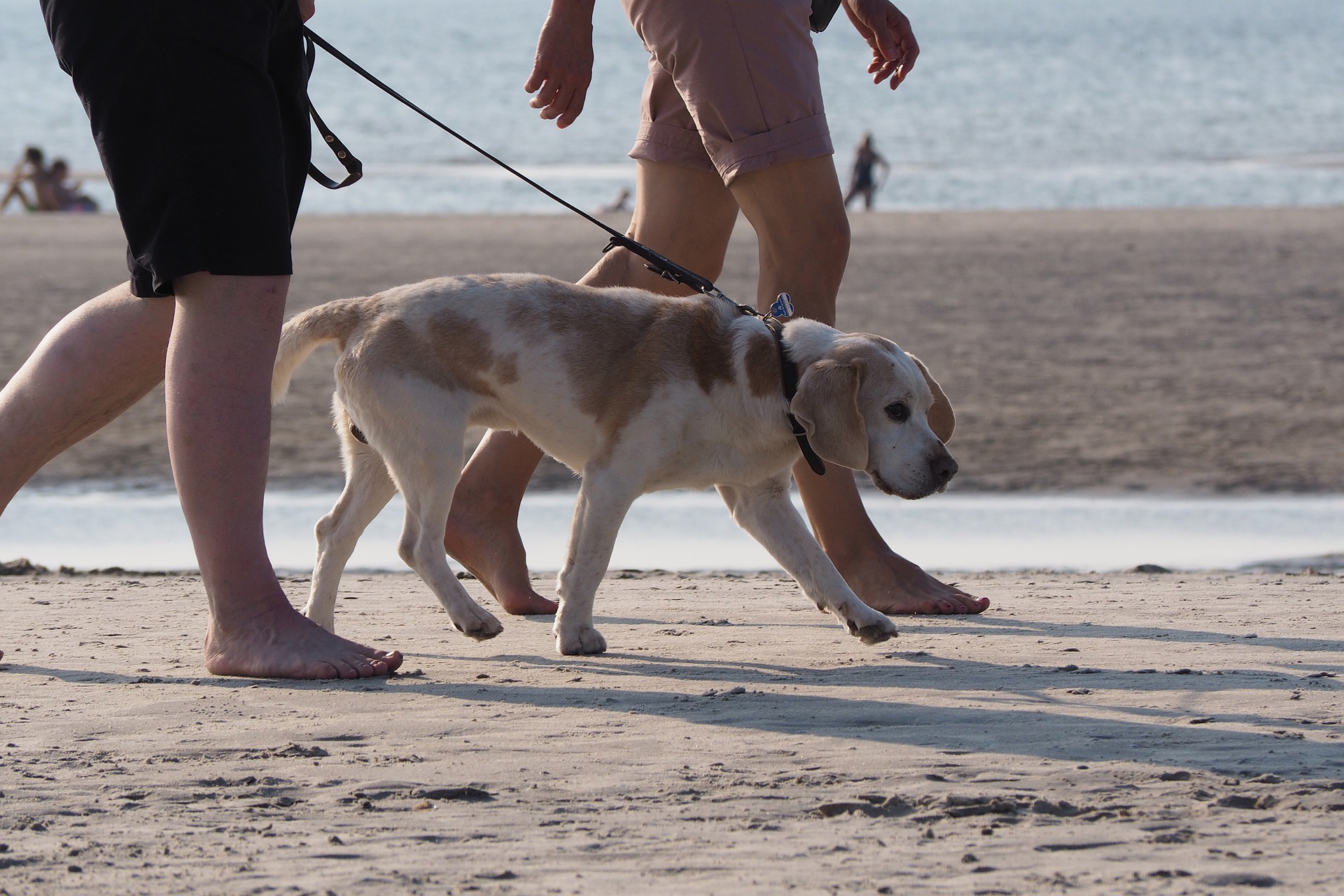
Benefits of walking your dog
Walking your dog has countless benefits. Health-wise, it will improve cardiovascular fitness, muscle, and bone strength, decreased stress, and lower blood pressure. It will also be great for your dog's socialization and interaction. The more they are used to seeing strangers and other animals in different settings, the better behaved they will be. As said before one of the main benefits is burning off excess energy for a more relaxed and fulfilled dog. Everyone loves an adventure, add some fun into your furry friends' day!


